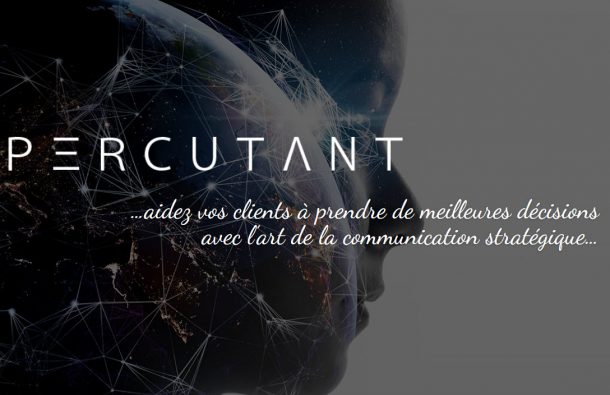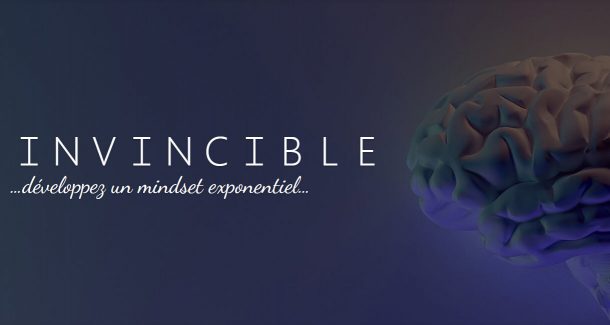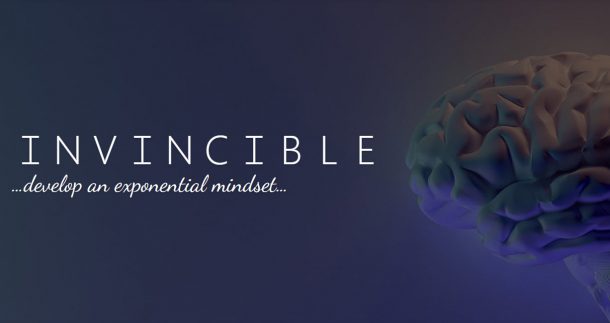Learn all about this new movement and its solutions.
Since the beginning of the fall season, we’ve been hearing a lot about the “quiet quitting” phenomenon, where employees decide to do the bare minimum at their jobs and to stick to their job descriptions.
According to Gallup, a global analytics and advisory firm that helps leaders and organizations solve their most pressing problems, “quiet quitters” make up at least 50 percent of the U.S. workforce – and probably more. Which means that half of all employees are completely disengaged from their jobs. Keeping in mind that we spend on average one third of our life at work, this can be quite disturbing/alarming.
According to various recent studies, this movement has greatly increased since mid-2021. There’s certainly a correlation with pressure from employers with the trends of “always more”, the hustle, the demand to be omnipresent, to do more with less, to be available at all times whether by email, text messages, social media, virtual meetings, etc..
Gallup’s study shows that the decline in employee commitment is especially “related to the lack of clarity of expectations, opportunity to learn and grow and connection to the organization’s mission or purpose. Hence, these unmet needs can develop a disconnect between employees and their employers.”
Arianna Huffington brings up an excellent point in this LinkedIn post:
“Silent quitting isn’t just quitting a job, it’s a step toward your quitting life. Yes, we shouldn’t be defined by our work. But at the same time, if work occupies at least eight hours of our day, are we saying that these are hours we are willing to spend simply going through the motions, with the inevitable boredom that follows? Work can give us meaning and purpose. It is part of a successful life.”
Last year was marked by the Great Resignation, the movement where employees left their jobs in drove due to a lack of meaning. In the “quiet quitting”movement, people don’t leave their jobs, they stay present, but become disengaged.
As an entrepreneur, this new trend brings me to question: what’s worse: employees who leave a job because of a lack of meaning and stimulation or those who stay, but give their minimum effort and performance? (Personally, I prefer former).
One thing is clear, “Quiet quitting” is most definitely a reflection of inadequate leadership on our part, us, the employers.
In light of this, what can we do as leaders to prevent employees from quietly quitting?
Here are some solutions I share with my private coaching clients.
1. Share the business’ intrinsic mission
I often talk about the concept of intrinsic mission. This is the real “why” behind everything we do. No, your mission is not “to bring financial freedom to your clients” or “peace of mind” or “a strategy”. It’s so much more than that! It’s a profound message, a change you want to make in your world.
According to a Wall Street Journal article, entrepreneurs experience higher levels of happiness than employees (4.37 vs. 4.28 on a scale of 1-6), as well as higher levels of meaning (4.56 vs. 4.25 on a scale of 1-5) and autonomy (2.66 vs. 1.95 on a scale of 0-3). Using regression analysis, the research team found that finding meaning was the decisive factor in happiness.
Understanding the real why we do what we do is definitely the cornerstone of motivation.
2. Develop a vision of the future with (and for) them.
The first step we take with our clients is to define their future, their goals and their projects. I often use the cab driver analogy to explain this. We are like cab drivers: if our clients don’t tell us where they want to go, we can drive in circles for a long time!
Why should it be any different for our teams?
Where do our team members see themselves professionally and personally in 5, 10 or even 15 years? How do they see their lifestyle? How do they want to contribute? What life experiences are on their bucket list? What role would they like to take in business on the short, medium and long term?
One of the fundamental needs of humans is to be seen, heard and recognized. By taking an interest in our employees beyond their work, we embody meaningful leadership.
3. Contribute and measure the evolution of our employees
Another fundamental human need is evolution. We have a visceral need to evolve, to move forward. Therefore, it’s essential to take an interest in the progress of our team members’ projects, ambitions, and development. Ask them about their trainings or those they wish to follow, and to take stock with them. Where are they at? Are there any changes? We show interest in our client’s goals and dreams. Why wouldn’t we do it for our team members? When we do, we show them that they are seen, heard and recognized.
Being an entrepreneur and building a business is not a game that is played alone. It’s an adventure we want to have with other committed humans by our site.
We, as entrepreneurs, are responsible for creating that engagement.
Next month, we’ll discuss the flip side of quiet quitting: the quiet firing. Interesting statistic: 83% of workers have seen or experienced quiet firing…. unfortunately, we tend to do that often (sometimes without realizing it).
Let’s raise our leadership together!

It’s always a pleasure to read your comments. You can always reach me here and stay in touch via social media – LinkedIn, Facebook, YouTube and Instagram.





